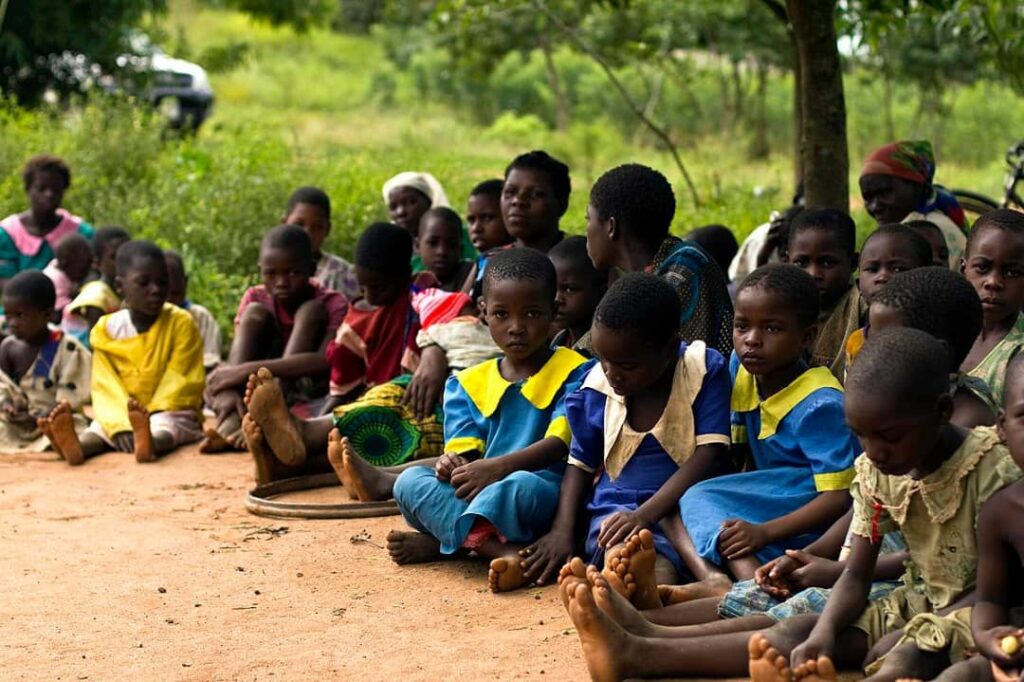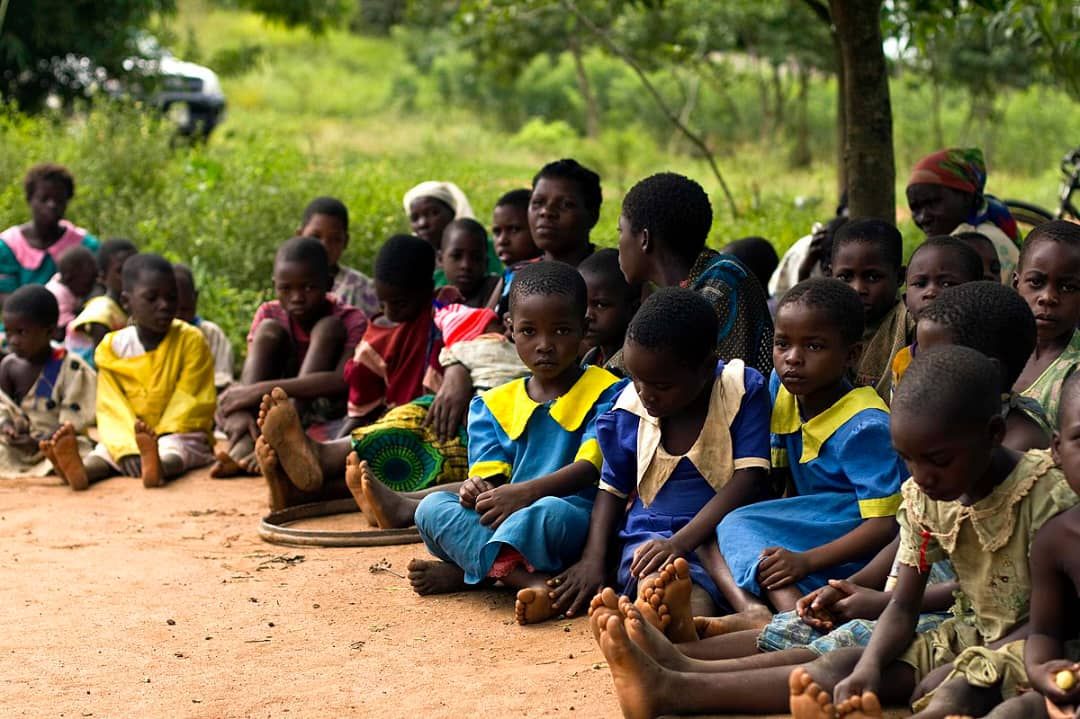By Burnett Munthali
In a distressing revelation, approximately 1200 children in Lilongwe have been forced to drop out of school within a mere three-month period, spanning from April to June 2024. This significant increase in school dropouts has been primarily attributed to the pervasive issues of poverty and child abuse.
There are many causes of school dropout. Firstly , Many families in Lilongwe struggle to meet even the basic needs, let alone afford education expenses such as school fees, uniforms, and textbooks.
In dire economic circumstances, children are often compelled to leave school to contribute to household income, taking up menial jobs that further perpetuate the cycle of poverty.
Secondly, A disturbing number of children are subjected to abuse, both at home and within their communities. This abuse not only inflicts immediate harm but also results in severe psychological impacts, leading to withdrawal from educational institutions.
Children who endure abuse may fear attending school, seeking safety by avoiding educational environments altogether.

Consequences of Dropout
Each dropout represents a loss of potential talent and future contributions to society.
Without education, children are more susceptible to exploitation, trafficking, and further cycles of poverty.
A less educated population can hinder economic growth and development prospects for the region.
Government and Community Response
Authorities must implement immediate measures to address the root causes of dropout, including economic support for vulnerable families and stringent enforcement of child protection laws.
Mobilizing community leaders, educators, and parents to create a supportive environment that values education and protects children from abuse.
Investing in sustainable poverty alleviation programs and educational reforms aimed at ensuring access to quality education for all children.
In conclusion, the surge in school dropouts among children in Lilongwe underscores the urgent need for comprehensive intervention strategies. By addressing poverty and tackling the scourge of child abuse head-on, stakeholders can safeguard the future of these children and empower them with the education they deserve. It is imperative for all sectors of society to unite in a concerted effort to reverse this troubling trend and ensure that every child in Lilongwe has the opportunity to thrive through education.



